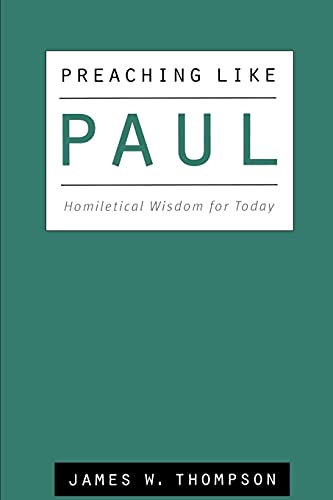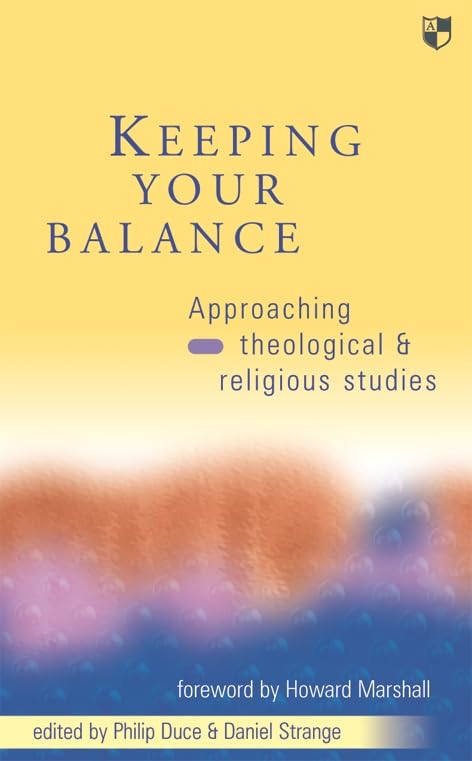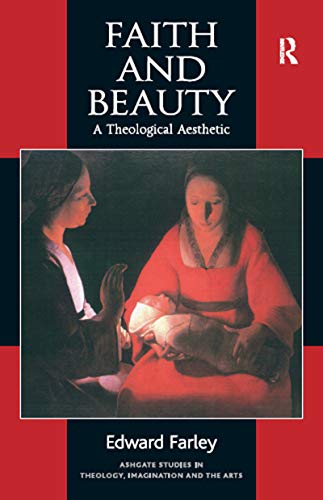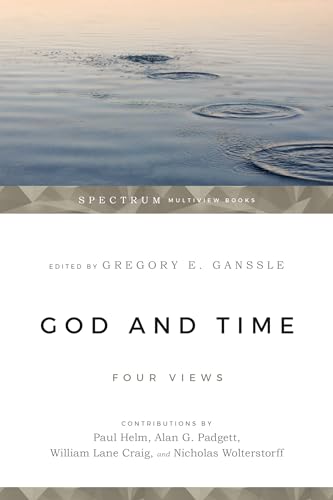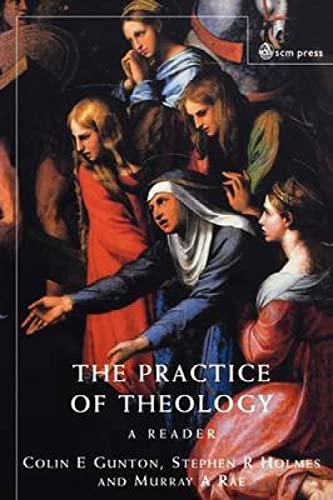THE OLD TESTAMENT DOCUMENTS, ARE THEY RELIABLE AND RELEVANT?
Written by Walter C. Kaiser Jr Reviewed By K.A. KitchenRecent years have seen increasingly drastic criticism levelled against the antiquity and historical basis of the OT books, especially by a small but disproportionately noisy group based mainly in Copenhagen and Sheffield, popularly known as ‘minimalists’. For them hardly anything in those writings originated before c. 400 bc. This phenomenon is bizarre, insofar as there exists a vast, ever-growing amount of data from the ancient Near East that points clearly in the opposite direction, but which is largely unknown to OT scholars who lack the expertise needful to utilise it.
Replies to the ‘minimalists’ extreme views are beginning to emerge.1 Of three such, Kaiser’s book is the second to appear. In 2001 came W. G. Dever’s book which deals usefully with the Monarchic period in ancient Israel from an archaeologist’s viewpoint, but fails on earlier periods (patriarchs, the Exodus, etc.) and on topics outside his sphere (deceived by the ‘Deuteronomy in 621 bc for Josiah’ syndrome). The third is in press for early 2003, and covers much more than either Kaiser or Dever.
Articulated in four parts, Kaiser’s work emphasises the theological factor, which is his one strong point. Part 1 reviews the origins of the OT, the OT canon, and preservation of the text, concisely and well (nb: 41, Papyrus Nash is ad 100 not ad 1000!). Likewise, Part 3 (‘Is the Old Testament’s Message Reliable?’) speaks usefully for the authenticity of the Pentateuch, wisdom-books and the prophets, against divisive theories, but without much detail. And Part 4 presents a firm, positive exposition of the enduring relevance of all sections of the OT for Christians today. This is all good, encouraging stuff; but it does not deal with the material groups of minimalist criticism, e.g., a total dismissal of the very existence of the United Monarchy. Part 2 is Kaiser’s attempt to bring external data into play—and here he has some useful data, but fails to tackle the range of modern hyper-criticism, verging on the superficial. Thus nobody today doubts the reality of Belshazzar or Sargon II of Assyria (99); but contrary to Kaiser (102), citing only hostile (and ignorant) sources instead of the key one, King So is known to us—he was (O)so(rkon) IV of Egypt. He applauds the very real link in format and date between the Sinai covenant in Deuteronomy and external data from the Hittite and related archives—but most unwisely sticks to the long-exploded ‘date’ of 1447 bc for the Exodus, based on misuse of the 480 years of 1 King 6:1 with total (and wrong) exclusion of all other biblical and extra-biblical data. The Hittite source is valid only during c. 1350–1180 bc, neither earlier nor later (when other formats apply). We cannot have Moses at Sinai in 1447, using a treaty-form not invented until 100 years later! The 13th century date for the Exodus and Sinai-Moab covenant along fits virtually all the data. The Bryant Wood ‘solution’ is over half a century out of date. And (114) there was no person, king or city ‘Ramasses’ before the 19th Egyptian Dynasty (c. 1295 bc). Then, in contrast to his page 95, in Genesis 41, Zaphenath-Paaneah is from Egyptian djedenef Ipu-ankh, for ‘(Joseph) who is called Ipu-ankh’, and Asenath is directly paralleled by the masculine Afenath, formations of the early second millennium bc. Ophir (105) is not Supara, but in Western Arabia, while the three-year expeditions of 1 Kings 10:22 went further, as von Wissmann pointed out long ago. Kaiser never directly engages with any of today’s minimalist critics, such as T. L. Thompson, N. P. Lemche, P. R. Davies, G. Garbini, or whoever, he is still mainly addressing the critics of a bygone era.
Thus, while useful in part, the level of treatment or archaeology and ancient Near-Eastern source-materials falls far short of giving any adequate answer to today’s questions (minimalist or otherwise), and of the high standards in such matters normally found in an IVP publication. In short, appreciate the theology, but go elsewhere for answers to the follies of minimalism.
1 Already available: W. G. Dever, What Did the Biblical Writers know and When Did They Know it? Grand Rapids: Eerdmans, 2001. Already in press: K. A. Kitchen, On the Reliability of the Old Testament, Eerdmans, 2003.
K.A. Kitchen
University of Liverpool



